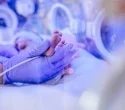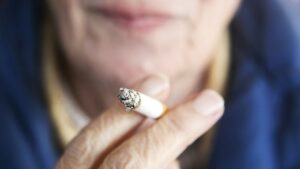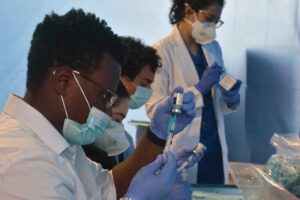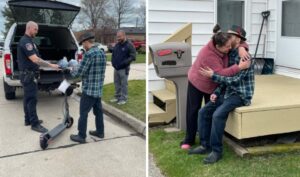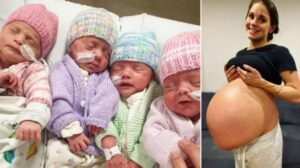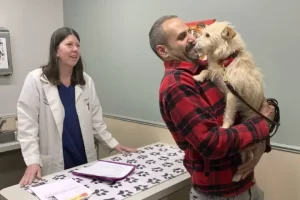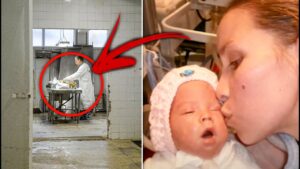Poorer fetal and maternal outcomes have been brought on by the severe acute respiratory syndrome coronavirus 2 (SARS-CoV-2) outbreak, which has had a significant effect on world health. Examples comprise:
Two infants with significant neurologic injuries were born in the third trimester to moms who tested positive for COVID-19 before giving birth. The infants have developmental delays and neurological problems.
An autopsy revealed that a 13-month-old newborn who died suddenly had suffered severe brain injury, including loss of white matter, vacuolization, and gliosis.
This study sought to offer proof that SARS-CoV-2 infection during the third trimester can affect the placenta and fetal brain, resulting in inflammatory processes linked to severe brain injury.
At 32 weeks’ gestation, a 21-year-old multigravida underwent a Cesarean section to give birth to a boy child of Hispanic descent.
After being brought to the intensive care unit (ICU) for multisystem disease and pneumonia that was detected by nasopharyngeal swab reverse transcription polymerase chain reaction (NP RT-PCR), the mother was later found to have SARS-CoV-2. Both the ultrasound evaluations and the fetal monitoring reports were continuously normal.
After giving prenatal corticosteroids to promote fetal lung development, a cesarean section was carried out for maternal reasons at 32 weeks of gestation.
At this point, the mother’s SARS-CoV-2 test results were negative. The newborn’s umbilical cord arterial blood gas has a pH of 7.22 and pCO2 and an Apgar score of four at one minute and seven at five minutes of 97 mm Hg, and base excess of +11. The infant showed seizure-like activity and difficulty breathing, leading to the need for intubation along with assisted ventilation.
Vasopressors were used to treat early hypotension and biventricular systolic depression detected by echocardiography. The lung disease remained despite the early administration of broad-spectrum antibiotics and surfactants.
The bilateral confluent densities noted on initial chest radiography did not fully resolve post-respiratory recovery. The infant tested negative for SARS-CoV-2 via NP RT-PCR at 24 hours of age.
